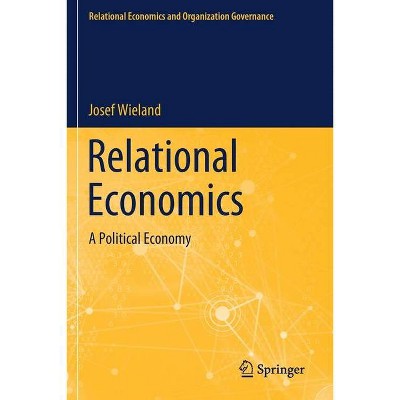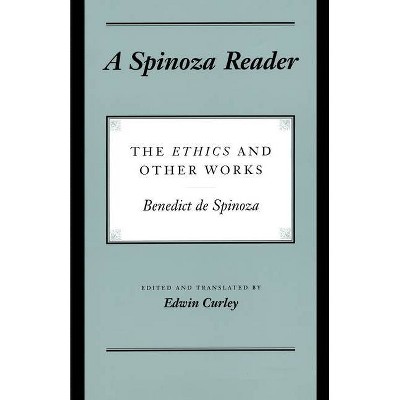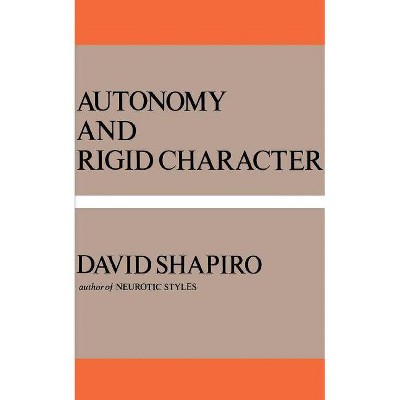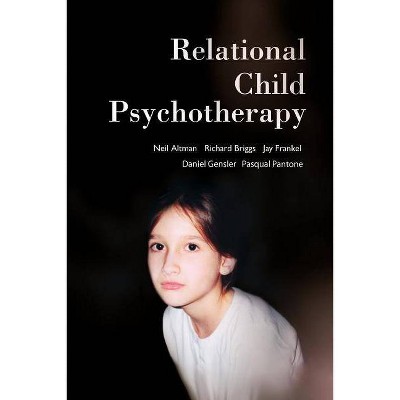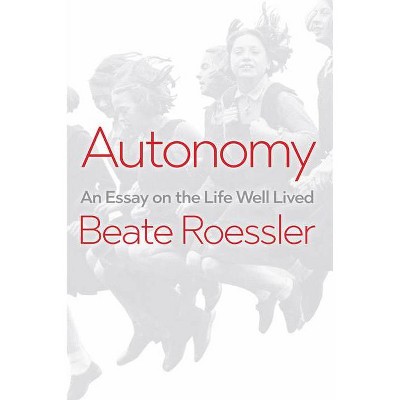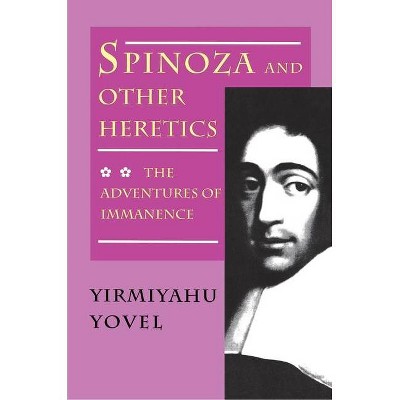Spinoza and Relational Autonomy - by Aurelia Armstrong & Keith Green & Andrea Sangiacomo (Paperback)
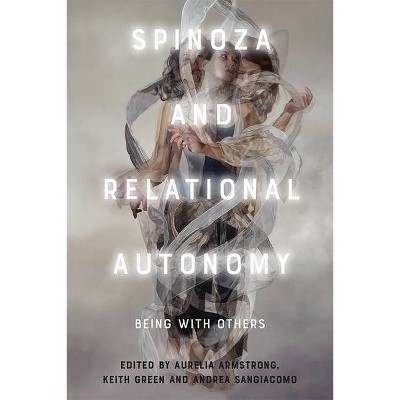
Similar Products
Products of same category from the store
AllProduct info
<p/><br></br><p><b> About the Book </b></p></br></br><p>This collection of 13 new essays shows what Baruch Spinoza can add to our understanding of the relational nature of autonomy. By offering a relational understanding of the nature of individuals centred on the role played by emotions, Spinoza offers not only historical roots for contemporary debates but also broadens the current discussion. </p><p/><br></br><p><b> Book Synopsis </b></p></br></br><p>This collection of 13 new essays shows what Baruch Spinoza can add to our understanding of the relational nature of autonomy. By offering a relational understanding of the nature of individuals centred on the role played by emotions, Spinoza offers not only historical roots for contemporary debates but also broadens the current discussion. At the same time, reading Spinoza as a theorist of relational autonomy underscores the consistency of his overall metaphysical, ethical and political project, which has been clouded by the standard rationalist interpretation of his works.</p><p/><br></br><p><b> From the Back Cover </b></p></br></br>'Autonomy is an absolutely central element in Spinoza's metaphysics, ethics and political philosophy. This volume, with insightful essays by both seasoned and younger scholars, not only offers new perspectives on the nature of autonomy in Spinoza, but also shows once again his relevance for contemporary philosophical themes.' Steven Nadler, University of Wisconsin-Madison, author of Spinoza: A Life Integrates Spinoza's thought into the contemporary debate on interpersonal relationships and individual autonomy The question of how to understand autonomy has emerged as a critical issue in contemporary political philosophy. Feminists and others argue that autonomy cannot be adequately conceived without taking into consideration the ways in which it is shaped by our relationships with others. This collection of ten new essays contributes to this debate by showing what a close examination of Baruch Spinoza's thought can add to our understanding of the relational nature of autonomy. Being with others is the key to cultivating individual autonomy: this is Spinoza's revolutionary thought. Aurelia Armstrong is Lecturer in Philosophy at the University of Queensland. Keith Green is Professor of Philosophy at East Tennessee State University. Andrea Sangiacomo is Assistant Professor of History of Philosophy at the University of Groningen. Cover image: Sy, oil painting by Francesco Lombardo, 2013 (c) Francesco Lombardo www.francescolombardo.com Cover design: riverdesignbooks.com<p/><br></br><p><b> About the Author </b></p></br></br><p>Aurelia Armstrong is Lecturer in Philosophy at the University of Queensland, Australia. She has published many essays on Spinoza, Nietzsche, Foucault, Deleuze and Feminism. <p>Keith Green is Professor of Philosophy at East Tennessee State University. He has published widely on Spinoza and Aquinas in a number of journals. <p>Andrea Sangiacomo is Assistant Professor of Philosophy at the University of Groningen. He is the author of Spinoza on Reason, Passions and the Supreme Good (Oxford University Press).s. He is the author of L'essenza del corpo. Spinoza e la scienza delle composizioni (Olms, 2013).<p>
Price History
Price Archive shows prices from various stores, lets you see history and find the cheapest. There is no actual sale on the website. For all support, inquiry and suggestion messagescommunication@pricearchive.us
